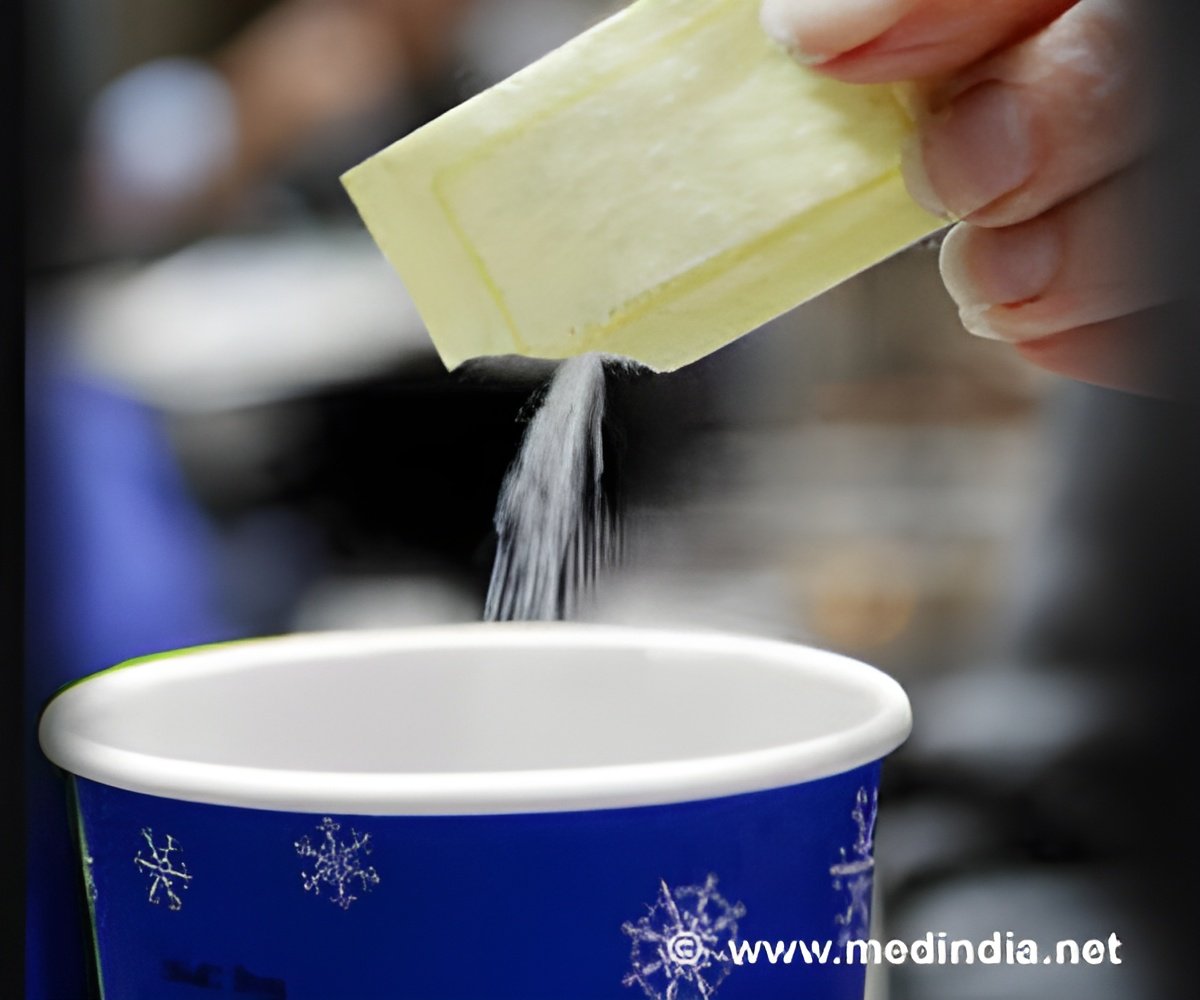-
 play_arrow
play_arrow
Radio Rehoboth


Recent research findings have unveiled concerning implications surrounding neotame, a member of the new generation of artificial sweeteners. This study marks the demonstration of neotame’s capacity to inflict harm on the human intestine, potentially leading to illness (1✔ ✔Trusted Source
The artificial sweetener neotame negatively regulates the intestinal epithelium directly through T1R3-signaling and indirectly through pathogenic changes to model gut bacteria
Go to source
).
Specifically, the research indicates that neotame has the ability to compromise previously healthy gut bacteria, triggering their transition into a diseased state and facilitating their invasion of the gut wall.
Such occurrences hold the potential to precipitate various health complications, including irritable bowel syndrome and sepsis. Furthermore, neotame has been implicated in the breakdown of the epithelial barrier, a crucial component of the gut wall. These findings underscore the importance of further investigation into the potential health risks associated with neotame consumption.
The in vitro study identified a range of pathogenic responses following exposure of E. coli (Escherichia coli) and E. faecalis (Enterococcus faecalis) to neotame, which is found in drinks, foods and chewing gums, including biofilm formation and increased adhesion to and invasion of cells by diseased bacteria.
Impact of Intensely Sweet Artificial Sweeteners on Gut Health
Some of the newest artificial sweeteners have a 1,000-fold sweeter taste compared to sugar, reducing the amount needed to be added to food and drink. Despite the smaller quantities used, the impact of neotame on the epithelium-microbiota relationship has the potential to cause poor gut health, which in turn could lead to metabolic and inflammatory diseases such as irritable bowel disease or insulin resistance.
This new research into neotame builds on previous work by Dr Havovi Chichger of Anglia Ruskin University (ARU), which discovered that saccharin, sucralose, and aspartame, some of the most widely used artificial sweeteners, could cause similar damage in the gut.
Artificial sweeteners can play a role in helping with weight loss and aiding individuals with glucose intolerance and type 2 diabetes. However, this new study, led by Dr Aparna Shil, of Jahangirnagar University in Bangladesh, and Dr Chichger highlights the need for further research into the toxic effects of some of the artificial sweeteners that have been developed more recently.
Advertisement
Dr Chichger, Associate Professor in Biomedical Science at Anglia Ruskin University (ARU) and senior author of the study, said: “There is now growing awareness of the health impacts of sweeteners such as saccharin, sucralose and aspartame, with our own previous work demonstrating the problems they can cause to the wall of the intestine and the damage to the ‘good bacteria’ which form in our gut.”
“This can lead to a range of potential health issues including diarrhea, intestinal inflammation, and even infections such as septicemia if the bacteria were to enter the blood stream. Therefore, it is important to also study sweeteners that have been introduced more recently and our new research demonstrates that neotame causes similar problems, including gut bacteria becoming diseased.”
Advertisement
“Understanding the impact of these pathogenic changes occurring in the gut microbiota is vital. Our findings also demonstrate the need to better understand common food additives more widely and the molecular mechanisms underlying potential negative health impacts.”
Reference:
- The artificial sweetener neotame negatively regulates the intestinal epithelium directly through T1R3-signaling and indirectly through pathogenic changes to model gut bacteria – (https://www.frontiersin.org/articles/10.3389/fnut.2024.1366409/full)
Source-Eurekalert
Go to Source:https://www.medindia.net/news/artificial-sweetener-neotame-damages-gut-bacteria-215529-1.htm
Author:
Written by: RSS
Similar posts
Chart
Top popular

News Briefs 10/17/23
Board of Commissioners Workshop & Special Meeting – November 6

Six Sussex road projects considered in latest CTP
Knicks vs. Cavaliers prediction, odds, line, spread, time: 2023 NBA picks, Nov. 1 best bets from proven model
NFL Week 17 highlights: Packers, 49ers, Saints, Steelers win, Cardinals stun Eagles
Copyright 2023 East Sussex Public Broadcasting, Inc.






